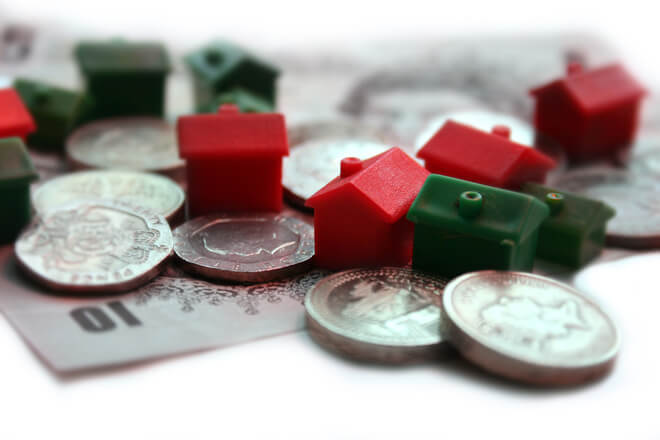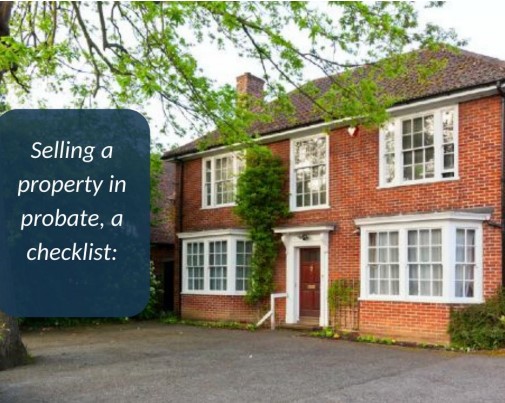Manipulation of freehold land affecting leasehold sales
Developers who build leasehold properties are selling the freehold to third party agents in order to make further profits – at the expense of the leaseholder.
Many potential first-time buyers in the UK find it easy to ignore the difference between freehold and leasehold properties. And why not? Many leasehold homes enjoy a lease of up to 999 years.
But what exactly is the difference between leasehold and freehold homes? In essence, the purchase of a freehold property means that the buyer gains a house and its land, owning them in their entirety. Leaseholds, however, are little more complicated.
When a buyer purchases a leasehold property, they agree to pay a ground rent for the land upon which their home is situated. The ground rent itself is extremely low – averaging between £50 and £100 a year – and is paid to the freeholder of the land.
The freeholder can be anyone from a developer or landlord, to a local council. Leasehold properties themselves have been around for decades and offer nearly all the benefits of a freehold property. While there are a few restrictions – such as the inability to build extensions onto the existing property without permission – there has, until recently, been little to complain about.
In the last decade, however, property selling experts have found that more and more new-build homes constructed by developers have been sold as leasehold as opposed to freehold, and this has allowed them to increase their revenues through dishonest means.
Many of these developers have been raising ground rent substantially, undermining the investment of the leaseholder and making the property itself harder to sell. More worryingly though is the sale of the freehold, unbeknownst to the leaseholder, to a third-party agent who uses legal loopholes to further their profits.
When a buyer purchases a property, under current law they possess the right to purchase the freehold after two years. The purchase itself can be between 30 and 50 times the annual ground rent depending on location but is still within the realm of what is considered affordable by the majority of homeowners.
In recent years, however, these third-party agencies have bought up freeholds en-masse with the sole purpose of increasing the freehold purchase price for the resident to unaffordable levels – often triple or quadruple the initial value.
While the government is reviewing the ban of leaseholds, in the short-term it leaves many leaseholders vulnerable to the will of unscrupulous developers who consider its customers as little more than an extra source of funds.
For those who own a leasehold property but are in need of a fast house sale, property buying companies are willing to make competitive offers regardless of their freehold status – in exchange for cash.
Looking to sell your leasehold property? Why not ask National Homebuyers for advice, as we buy any house. Call 08000 443 911 or request a call back to find out how much you could get for your property.






